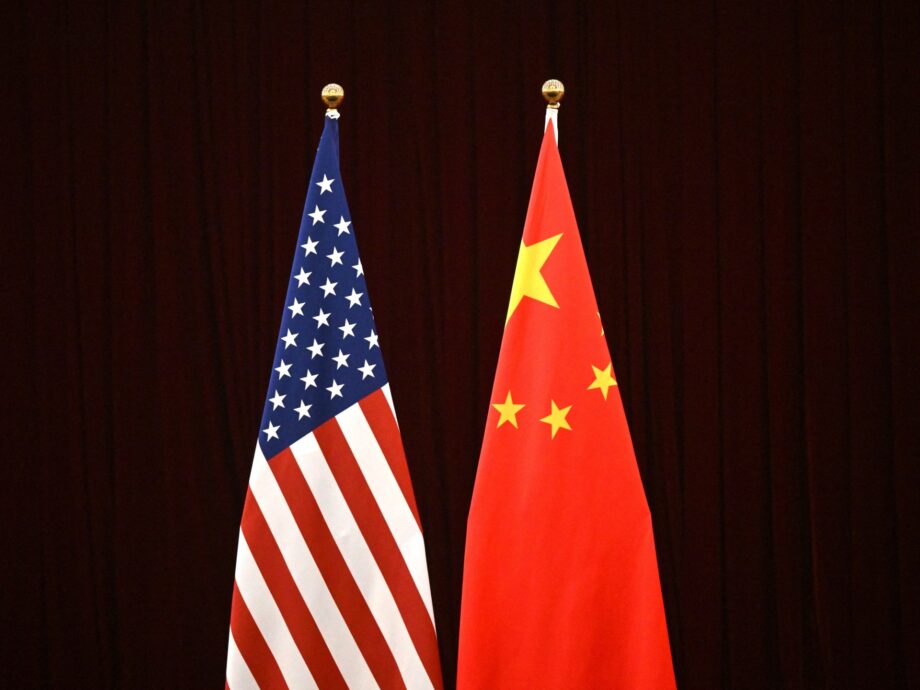- US proposes restrictions on Chinese tech investments
- Rule would prevent US investors from funding AI systems in China for military purposes
- Draft rule issued by US Department of the Treasury in response to Biden’s executive order
- Aim is to limit China’s development of advanced technologies with military potential
- Proposed rule seeks public feedback before final implementation
US Restrictions on Chinese Tech Investments for National Security
In a move aimed at safeguarding national security interests, the United States Department of the Treasury has proposed a rule that would place restrictions on US investments in Chinese tech, artificial intelligence (AI), computer chips, and quantum computing. This draft rule, stemming from President Joe Biden’s executive order in August, is designed to monitor and curb the flow of American capital into technologies that could potentially enhance China’s military capabilities and dominance in key sectors.
Background of the Proposed Rule
Related Video
Published on: August 10, 2023
Description: President Joe Biden signed an executive order that will prohibit some new US investment in China in sensitive technologies like ...
Biden orders limit on US investment in Chinese tech

Related Video

The proposed rule emerged in response to concerns over the access that certain countries, particularly China, Hong Kong, and Macau, have to American financial resources for developing advanced technologies. The Biden administration’s focus on limiting China’s technological advancements, which could give it a military advantage or lead to dominance in sectors like electric vehicles, underscores the growing tensions between the two global powers. This is reflected in the administration’s decision to impose tariffs on Chinese EVs and introduce restrictions on AI investments in China.
Key Provisions of the Proposed Rule
The draft rule outlines specific requirements for US citizens and permanent residents engaging in transactions related to AI systems in China. It prohibits American investors from funding AI projects that could be utilized for military purposes such as weapons targeting, combat operations, and location tracking. By restricting investments in these sensitive areas, the US aims to prevent the potential misuse of advanced technologies that could threaten its national security interests.
Moreover, the proposed rule sets clear guidelines on what constitutes a violation of these restrictions, emphasizing the importance of compliance with the regulatory framework. The US Treasury is inviting feedback on the proposal until August 4, after which it is expected to finalize the rule. This regulatory framework is part of a broader strategy to address concerns surrounding China’s technological advancements and their implications for US security.
Implications and Future Outlook
While the Biden administration maintains that it does not seek to completely sever ties with China, the increasingly strained relations between the two nations underscore the complexities of managing a geopolitical rivalry with significant economic interdependence. Recent incidents, such as the US military’s interception of a suspected Chinese spy balloon and the blocking of a Chinese-backed cryptocurrency mining firm from acquiring land near a nuclear missile base, highlight the heightened tensions between the two countries.
As the US continues to navigate the delicate balance between economic engagement and national security considerations, the proposed restrictions on Chinese tech investments signal a more assertive approach towards safeguarding critical technologies and preventing potential threats from emerging adversaries. The outcome of the consultation period and the finalization of the rule will shape the future landscape of US-China relations in the realm of technology and national security.
The proposed rule reflects a proactive stance by the US government to address evolving security challenges posed by China’s technological advancements. By introducing restrictions on AI investments and other critical sectors, the US aims to protect its strategic interests while navigating the complexities of a competitive global environment. The impact of these measures on bilateral relations and the broader technological landscape will be closely watched in the coming months as the Biden administration seeks to strike a delicate balance between cooperation and competition with China.
Links to additional Resources: